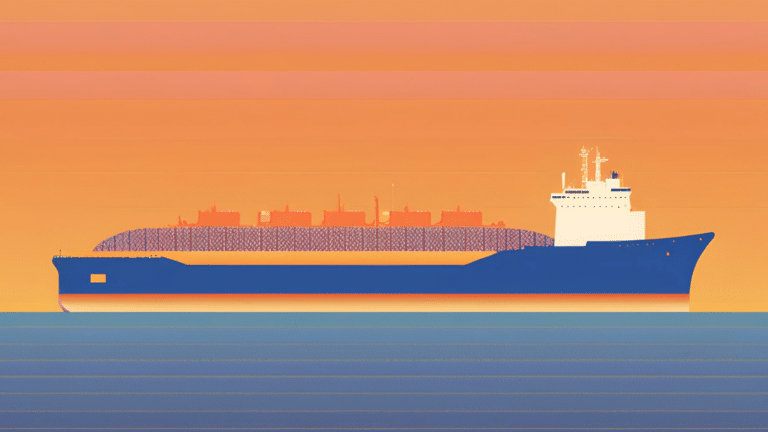Semafor Net Zero: One Good Text
After winning a $20 billion contract with Google, Intersect Power wants to “create a whole new class of real estate.”
Current Access Level “I” – ID Only: CUID holders, alumni, and approved guests only
Eirik Wærness, Senior Vice President and Chief Economist at Statoil, presented Statoil’s Energy Perspectives 2017 Edition at CGEP. Following his presentation, Director Jason Bordoff led a discussion with Eirik and Geoff Heal, Donald C. Waite III Professor of Social Enterprise at Columbia University’s School of Business. Energy Perspectives is published each year by Statoil. You can find Eirik’s presentation online, along with with a video of the event.
Follow and engage with the Center on Global Energy Policy online: @ColumbiaUEnergy; http://energypolicy.columbia.edu/
From oil pipelines crossing the border to integrated electricity grids, energy trade has long been a key part of the economic relationship between the United States and Canada....

After more than three years of intense fighting following Russia's invasion of Ukraine in February 2022, the path to end the war has been challenging. President Trump has...

As President Biden’s national security advisor, Jake Sullivan laid out a strategy for what he called a “foreign policy for the middle class.” Using the metaphor of a...

It’s hard to overstate how consequential President Trump’s “Liberation Day” tariffs have been for American economic policy. While the administration has paused the steep reciprocal tariffs it announced...

Saudi Arabia’s recent moves into the liquefied natural gas (LNG) market may be a sign the giant oil exporter is looking to expand into a rapidly growing and politically influential market it had long ignored.

Over the past few decades, liquified natural gas (LNG) trade has evolved from the initial point-to-point business model of the 1960s to become more flexible.

Calls to "Drill, baby drill" are back with Donald Trump's return to the White House, and for US natural gas production, the catchphrase might also be a necessity over the next three years if demand for the fuel grows as steeply as expected.

